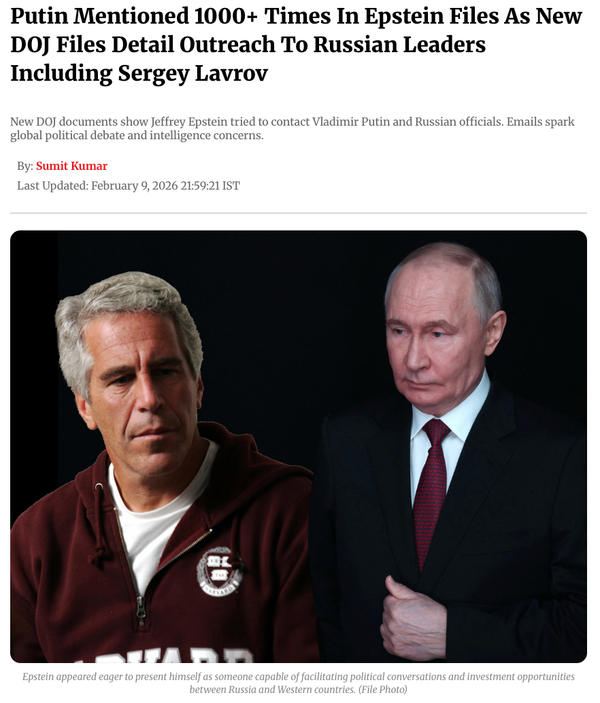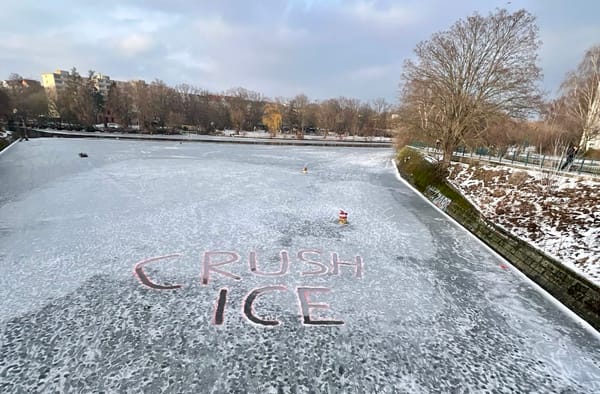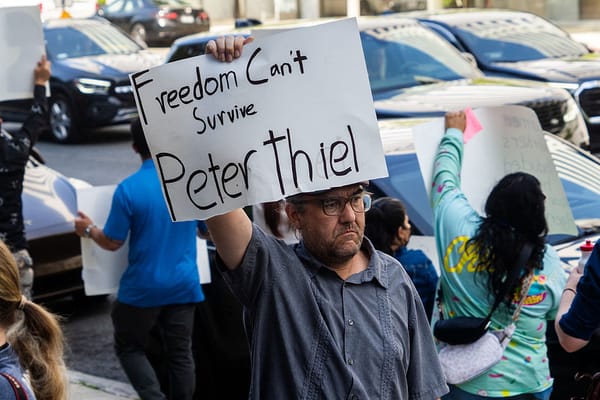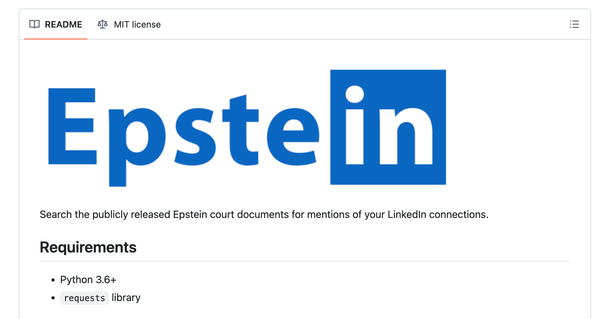The Long Game: Russia, Britain, and the Cold War on Trust
Once, espionage meant spies in suits and dead drops in the park. Now it looks like a delivery driver with a burner phone.
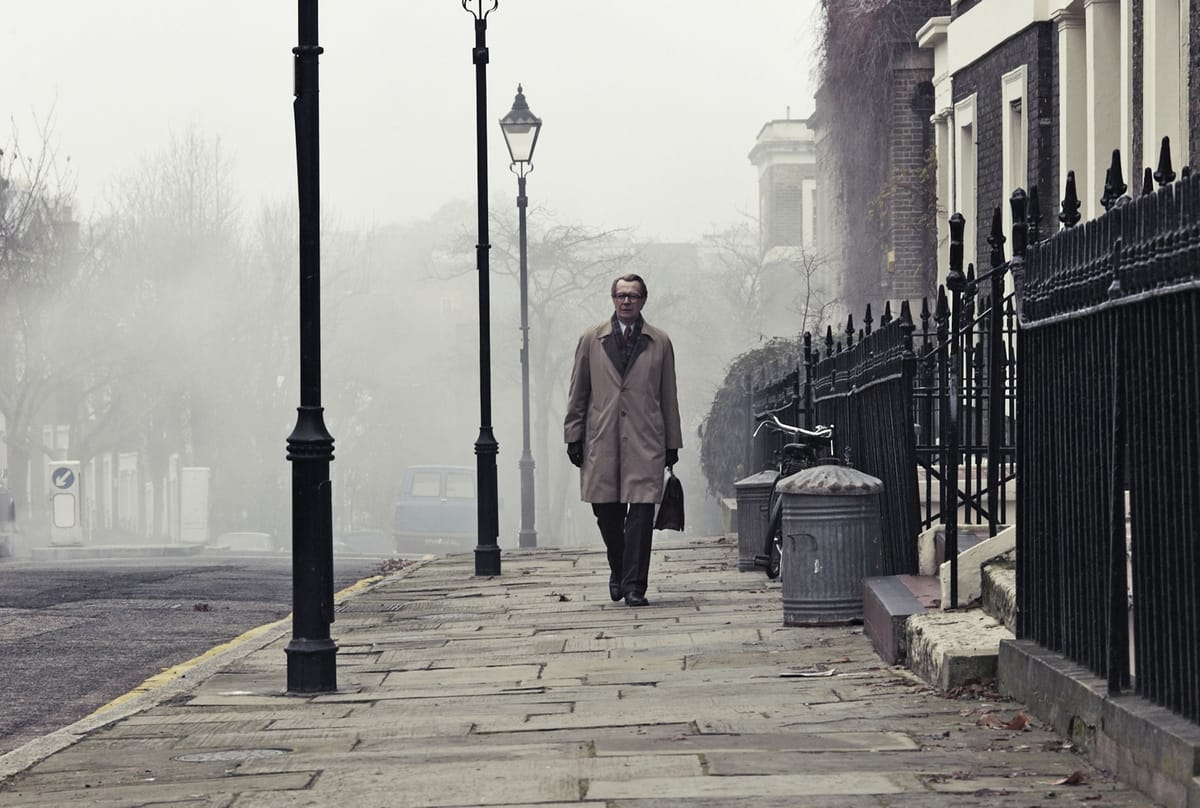
What’s new isn’t the ambition… Russia has meddled for decades - it’s the method. Spies are basically gig economy workers. All the romance and intrigue has gone. Hybrid warfare has moved from hotel lobby bars and smoke-filled back rooms into the gig economy: small, deniable tasks carried out by ordinary people for cash, confusion, or both. The Met Police call them “proxies.”
It doesn’t feel like a war. It looks like ordinary life with headlines telling the story in fragments. A fire in a East London warehouse storing aid for Ukraine, a bribe to a politician, a hack on a journalist, a smear campaign on social media. But taken together, they reveal a pattern - a long, patient offensive in which Russian state interests are pursued through outsourcing, influence and corrosion. The aim isn’t so much to achieve a decisive victory. It’s to wear us down.
The men who torched the Leyton warehouse in March 2024 weren’t commandos. They were barely out of their teens money-driven, reckless, one of them homeless. Their organiser, Dylan Earl, a 20-something from Colchester, ran a small Telegram channel recycling pro-Kremlin propaganda and took €5,000 in cryptocurrency from an account tied to Russian intelligence. Beneath him Jake Reeves a Gatwick Airport cleaner from Lewisham and three recruits, Nii Mensah (23), Jakeem Rose (23) and Ugnius Asmena (21), as well as Ashton Evans, 20, who was later jailed for failing to disclose what he knew.
Their job was crude: buy petrol, drive to the industrial unit in Leyton, and burn it down. The warehouse held humanitarian aid and Starlink terminals bound for Ukraine. CCTV showed them laughing as they fled. In sentencing them to between 7 and 17 years, the Old Bailey judge said the plot “would once have been called treason.”
According to Counter-Terrorism Policing, the group were “recruited and tasked online by Russian actors” and offered “easy money.” The CPS confirmed the payments were made in crypto. Intelligence analysts later linked the operation to Wagner’s European sabotage network, which had carried out similar attacks in Germany and Poland. But no one in Russia has ever been charged. The trail stops at a Telegram handle and a crypto wallet.
The pattern is deliberate. Wagner’s mercenaries fight with guns; these recruits with petrol cans and burner phones. It’s cheaper, safer and deniable - espionage run on the Uber model. The Met talked about them as British drug-dealing street talent, repurposed for state sabotage. Deniability isn’t the side-effect; it’s the design.
If Leyton showed the disposable labour, the Bulgarian spy ring revealed the middle management. At its centre was Orlin Roussev, 46, who had lived in Britain since 2009, running a small “signals-analysis” firm in Sussex. His associates formed a strange patchwork of ordinary London life: Biser Dzhambazov, a hospital driver; Katrin Ivanova, a lab assistant; Vanya Gaberova, 32, a beautician with a west-London salon; and Ivan Stoyanov and Tihomir Ivanchev, painter / decorators.
Police recovered more than 75 forged passports and ID cards, 500 SIM cards, cheap drones, and encrypted drives. Their tasks were equally mundane: filming outside embassies, photographing dissidents, monitoring small public gatherings. In one case they staged their own “protest” simply to record who turned up. The CPS called it “an espionage operation at industrial scale.”
The network was connected through intermediaries to Jan Marsalek, the Wirecard fugitive now living under protection in Moscow. Prosecutors say he acted as broker between Russian intelligence and European contractors, moving money and logistics through shell companies. It was the commercialisation of espionage - ordinary freelancers doing small, deniable jobs for a hostile state.
None of these people fit the Cold-War stereotype. They were not real ideologues - though some pro-Kremlin social media posts enabled them to be identified and targeted by the Wagner Group. They were hustlers, neighbours, tradespeople. That ordinariness is the point: ordinary work by ordinary people is harder to detect, easier to explain away, and infinitely cheaper than fielding a professional spy. It’s hybrid warfare as outsourcing.
When MI5’s Director-General gave his 2024 threat update, he described how “state threats are increasingly pursued via proxies - criminals, cut-outs and contractors - to achieve deniable effects in the UK.” That is exactly what these cases show. The line between crime, activism and statecraft has blurred into a single grey economy.
Britain’s legal response has modernised, but only up to a point. The National Security Act 2023 finally created offences for “assisting a foreign intelligence service,” and the Foreign Influence Registration Scheme compels disclosure of political work for designated states. These are necessary laws - but they operate at the point of detection, not prevention. They catch the messengers, not the system that hires them.
You can arrest a proxy and seize a burner phone. What you can’t yet reach are the upstream pipelines: the crypto rails, shell companies, lobbying fronts and “consultancies” that blur the boundary between influence and commerce. The Intelligence and Security Committee’s Russia report in 2020 called out the government for having no curiosity. Five years on, curiosity is still in short supply.
This is how the ladder of deniability works. At the bottom are the opportunists with the petrol cans; above them the organisers like Dylan Earl, then the anonymous Telegram handlers; then the murky Wagner/GRU ecosystem that pays them; and finally the architects in Moscow. Each step removes legal risk. By the time you reach the top, responsibility has evaporated. Only the cash-in-hand workers ever see a courtroom.
That is why our legal action now before the European Court of Human Rights matters. The case - Bradshaw & Others v UK - argues that Britain has a positive duty to investigate credible evidence of foreign interference in its democratic processes. If successful, it would compel the government to do what it has resisted for 5 years: order a full public inquiry.
A full and proper inquiry would not just revisit old scandals. It should map the architecture of modern interference - how money moves from crypto to campaign donations, how professional enablers sanitise clients, how “ordinary politics” becomes a delivery system for foreign power. It could recommend closing the loopholes that let unincorporated associations and offshore donors bankroll campaigns, impose transparency on PR and law firms representing hostile interests, and give investigators the ability to follow encrypted payments across jurisdictions.
Russia is running a corrosion campaign - a cold war on trust itself. The warehouse fire in Leyton, the Bulgarian freelancers, the hack-and-leak operations against journalists, bribing MPs to spread false narratives - they all belong to the same pattern… small acts that, collectively, make democracy look performative and truth feel naive.
On the subject of truth… check out this great song “Truth” from the amazing I like Train’s on their 2020 album Kompromat…
If you would like to make a one off doantion to help us keep on battling for a proper inquiry into Russian inteference please consider supporting our crowdfunder.

